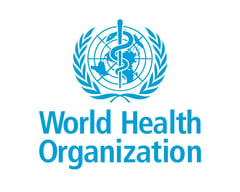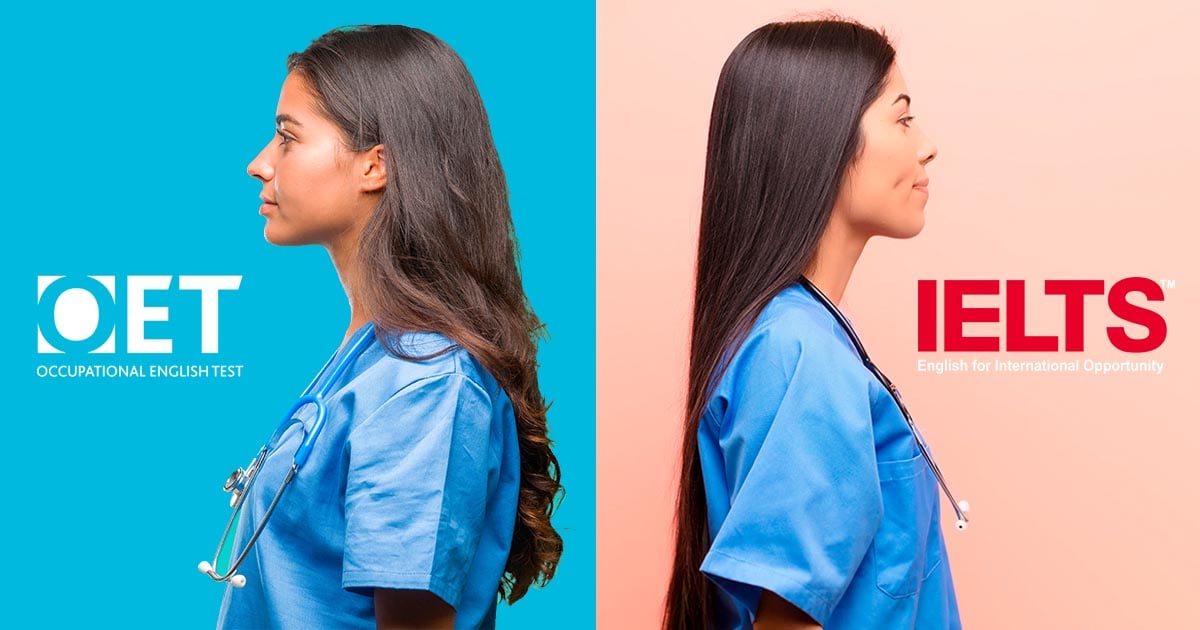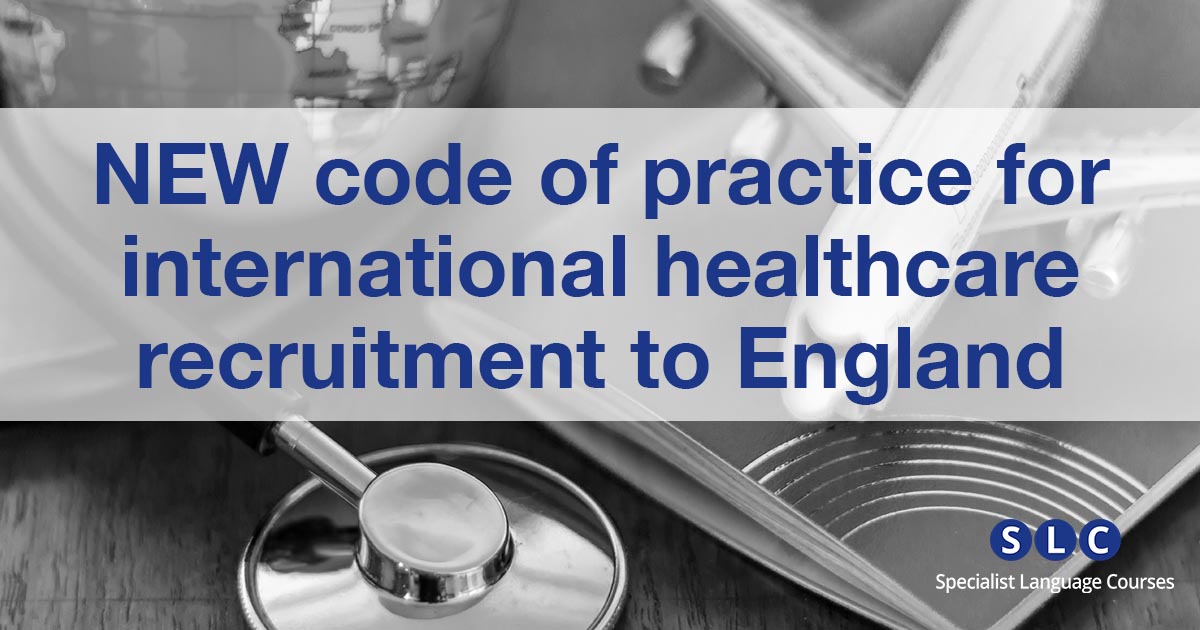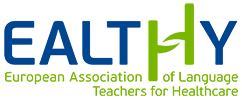The UK has updated its code of practice for recruiting health and social care staff from overseas, bringing it into line with the World Health Organisation’s global code of practice.
The previous UK code had a list of 152 countries from which healthcare professionals such as doctors and nurses could not be recruited on ethical grounds, i.e. that such recruitment would have a detrimental effect on the healthcare service of that country.

The new list aligns with the WHO Health Workforce Support and Safeguard List (2020) of 47 countries where active recruitment cannot be undertaken, so is considerably shorter than the previous UK-specific list.
This opens up many more markets for health and social care employers and will support the government in achieving its target of 50,000 more nurses and 50,000,000 more GP appointments by 2024.
“..we know that ethical international recruitment is … crucial for achieving our commitments.”*

The code also emphasises the contribution the UK healthcare sector can play in supporting the health services of other countries, including fragile and conflict-affected states, through government-to-government partnership agreements or the work of Health Education England.
SLC has already worked with HEE on India-based programmes where nurses are prepared and trained to work in the UK before returning home after 3 years where they can cascade their experiences to the local healthcare services.
SLC were commissioned to provide online training to groups of nurses needing to achieve the OET or IELTS English language requirements set out by the NMC.

English language remains a crucial part of the international recruitment process. Through our work with HEE, NHS England and multiple NHS Trusts, we have worked with thousands of healthcare professionals from many parts of the world.
We are looking forward to working with many more professionals from both existing and new countries to support these vital programmes and contribute ongoingly to the uplift in universal healthcare.
Countries from which health and social care professionals cannot be recruited from:
- Afghanistan
- Angola
- Bangladesh
- Benin
- Burkina Faso
- Burundi
- Cameroon
- Central African Republic
- Chad
- Congo
- Congo, Democratic Republic of
- Côte d’Ivoire
- Djibouti
- Equatorial Guinea
- Eritrea
- Ethiopia
- Gabon
- Gambia, The
- Ghana
- Guinea
- Guinea-Bissau
- Haiti
- Kiribati
- Lesotho
- Liberia
- Madagascar
- Malawi
- Mali
- Mauritania
- Micronesia, Federated States of
- Mozambique
- Nepal
- Niger
- Nigeria
- Pakistan
- Papua New Guinea
- Senegal
- Sierra Leone
- Solomon Islands
- Somalia
- South Sudan
- Sudan
- Tanzania, United Republic of
- Togo
- Uganda
- Vanuatu
- Yemen, Republic of
*https://www.gov.uk/government/publications/code-of-practice-for-the-international-recruitment-of-health-and-social-care-personnel/code-of-practice-for-the-international-recruitment-of-health-and-social-care-personnel-in-england









